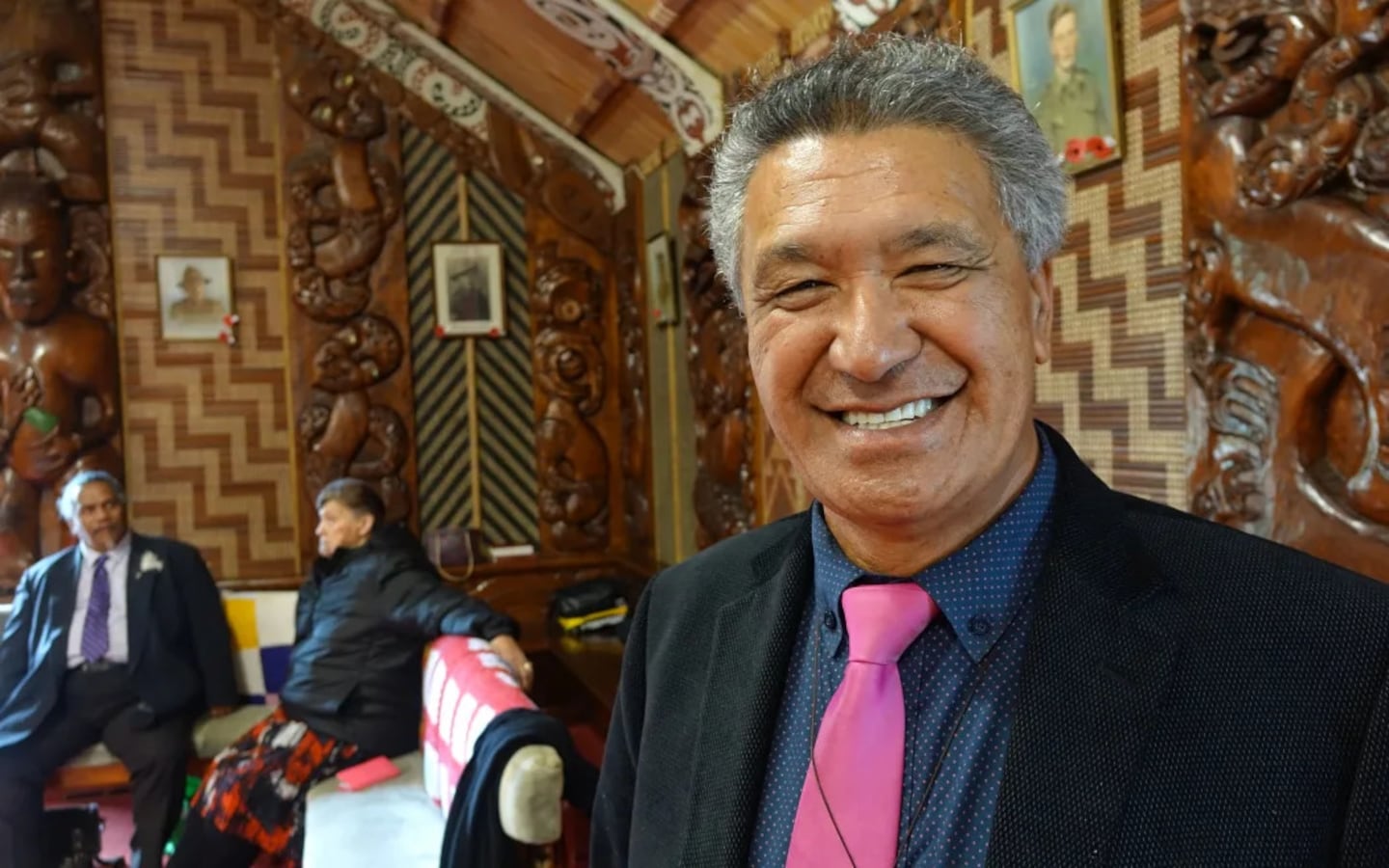This article was first published by the Taranaki Daily News for Stuff.
Kaumātua Peter Moeahu is of Taranaki, Te Atiawa and Ngāruahine iwi.
OPINION: By the bicentennial anniversary of Te Tiriti o Waitangi in 2040, the realisation of Māori tino rangatiratanga* aspirations necessitates comprehensive strategies addressing social, cultural, economic, and political dimensions.
This article examines the multifaceted challenges faced by Māori communities and the nation and proposes proactive measures to foster holistic development, equitable representation, and cultural revitalisation.
To achieve better social outcomes for Māori by 2040, interventions must prioritise addressing systemic inequalities in education, healthcare, and justice systems.
Culturally-responsive education programs, healthcare initiatives tailored to Māori needs, and restorative justice practices rooted in tikanga Māori principles can mitigate disparities and foster community well-being.
Cultural resurgence forms the cornerstone of Māori tino rangatiratanga aspirations.
Preserving and revitalising te reo Māori, customary practices, and spiritual connections to land are imperative.
Support for language immersion programs, cultural institutions, and land repatriation initiatives can ensure the preservation and transmission of cultural knowledge across generations.
Economic empowerment is pivotal for Māori self-determination. Strategies for economic development should prioritise Māori entrepreneurship, sustainable resource management, and equitable access to economic opportunities.
Initiatives fostering Māori-owned businesses, land and resource management partnerships, and investment in sustainable industries can foster economic resilience and prosperity.
Political representation and participation are essential for realising Māori self-governance.
Strengthening Maori political voice through increased representation in decision-making bodies, constitutional recognition of tino rangatiratanga, and the establishment of robust mechanisms for Treaty settlement monitoring and enforcement are critical steps towards achieving equitable political outcomes.
Realising Māori tino rangatiratanga aspirations by 2040 demands concerted efforts across social, cultural, economic, and political domains.
Through proactive interventions addressing systemic inequalities, fostering cultural resurgence, promoting economic empowerment, and enhancing political representation, New Zealand can advance towards a future where Māori communities thrive in self-determined prosperity and well-being along with the rest of the nation.
Māori demographics
By 2040, the evolving demographics of Māori within New Zealand society will likely have significant social and political impacts:
Increased cultural influence: With Māori projected to comprise a larger proportion of the population, there will be a corresponding increase in the visibility and influence of Māori culture, language, and traditions within New Zealand society. This could lead to greater integration of Māori perspectives and values across various social, cultural, and political domains.
Demographic shifts in political representation: As the Māori population grows, there will likely be a corresponding increase in Māori representation in political institutions. This could lead to greater political empowerment for Māori communities, potentially resulting in policies and decisions that better reflect Māori interests and priorities.
Challenges and opportunities for social cohesion: The increasing diversity within New Zealand society, including the growing Māori population, presents both challenges and opportunities for social cohesion. Efforts to promote understanding, respect, and inclusion across diverse cultural and ethnic groups will be essential to fostering a cohesive and harmonious society.
Reconciliation and Treaty settlements: The demographic changes may prompt continued efforts towards reconciliation and the resolution of historical grievances through Treaty settlements. This could involve ongoing negotiations, apologies, and restitution efforts aimed at addressing past injustices and building stronger relationships between Māori and the Crown.
Cultural revitalisation and identity: The growing Māori population will likely contribute to a renewed focus on cultural revitalisation and the preservation of Māori identity. This could involve increased support for initiatives such as te reo Māori revitalisation, cultural education programs, and the promotion of Māori arts and traditions.
Addressing socioeconomic disparities: Despite demographic changes, socioeconomic disparities between Māori and non-Māori populations may persist. Efforts to address these disparities will be crucial for promoting social equity and inclusive economic growth. This could involve targeted policies and programs aimed at improving access to education, healthcare, employment, and housing for Māori communities.
Overall, the evolving demographics of Māori within New Zealand society by 2040 will have far-reaching social and political implications, shaping the country’s identity, governance, and social cohesion in the decades to come. Efforts to promote understanding, reconciliation, and empowerment for Māori communities will be essential for building a more inclusive and equitable society.
Missed Opportunities
Failure to achieve Māori tino rangatiratanga could have several adverse downsides for New Zealand:
Social fragmentation: Persistent disparities and inequities experienced by Māori communities could exacerbate social divisions and tensions, leading to increased social fragmentation and unrest within New Zealand society.
Economic stagnation: Without the full participation and empowerment of Māori in the economy, New Zealand could miss out on the economic potential that comes from harnessing Māori talent, entrepreneurship, and innovation. Economic stagnation in Māori communities could also result in broader economic impacts on the country as a whole.
Cultural erosion: The erosion of Māori culture and language would not only represent a loss for Māori communities but also for New Zealand as a nation. Māori culture and heritage are integral to New Zealand’s identity and international reputation, and their decline would diminish the country’s cultural richness and diversity.
Political instability: Persistent grievances stemming from unaddressed historical injustices and the lack of meaningful recognition of Māori rights could lead to ongoing political instability and tensions. This instability could undermine the effectiveness of government institutions and hinder the country’s ability to address pressing challenges.
International reputation: New Zealand’s failure to honour its Treaty obligations and uphold the rights of its indigenous population could damage its international reputation as a progressive, inclusive, and fair society. This could have implications for trade, tourism, and diplomatic relations with other countries.
Legal uncertainty: The lack of clarity and resolution regarding Māori land and resource rights could lead to ongoing legal disputes and uncertainty, creating barriers to investment, development, and sustainable resource management.
Overall, the failure to achieve Māori tino rangatiratanga would not only have significant negative consequences for Māori communities but also for the broader well-being, prosperity, and cohesion of New Zealand as a nation.
*The Te Ake Māori Dictionary defines the noun tino rangatiratanga as meaning self-determination, sovereignty, autonomy, self-government, domination, rule, control, power.

